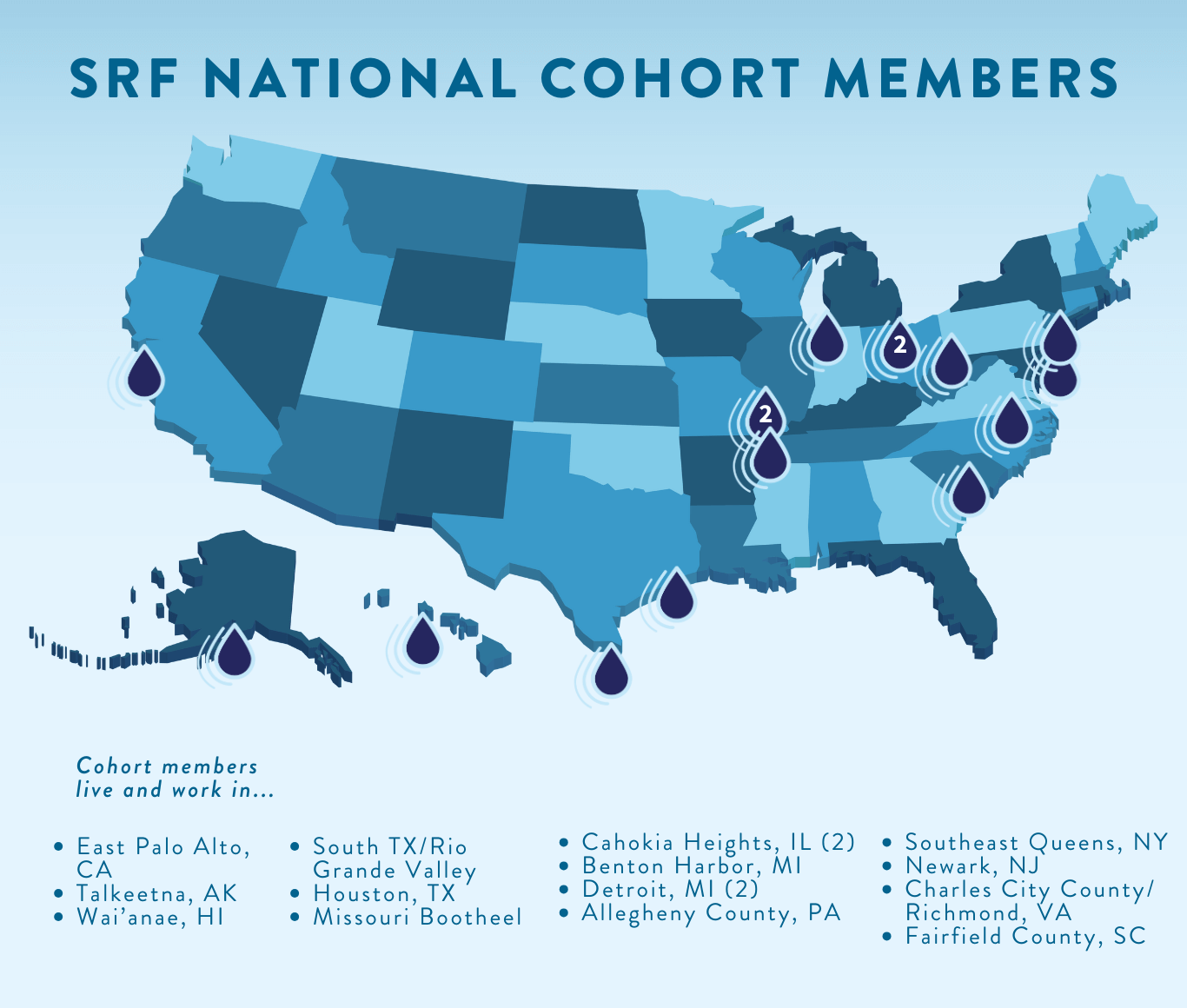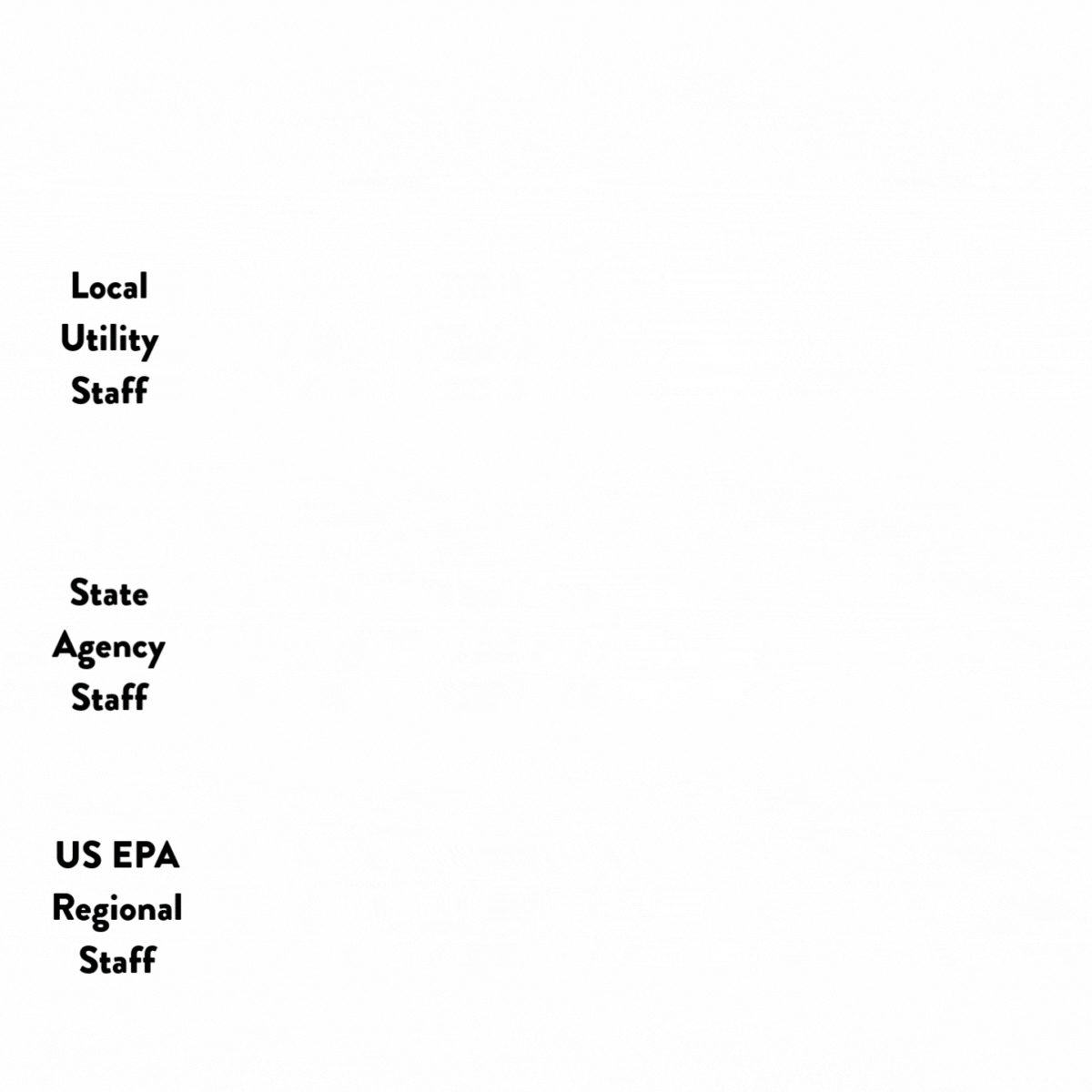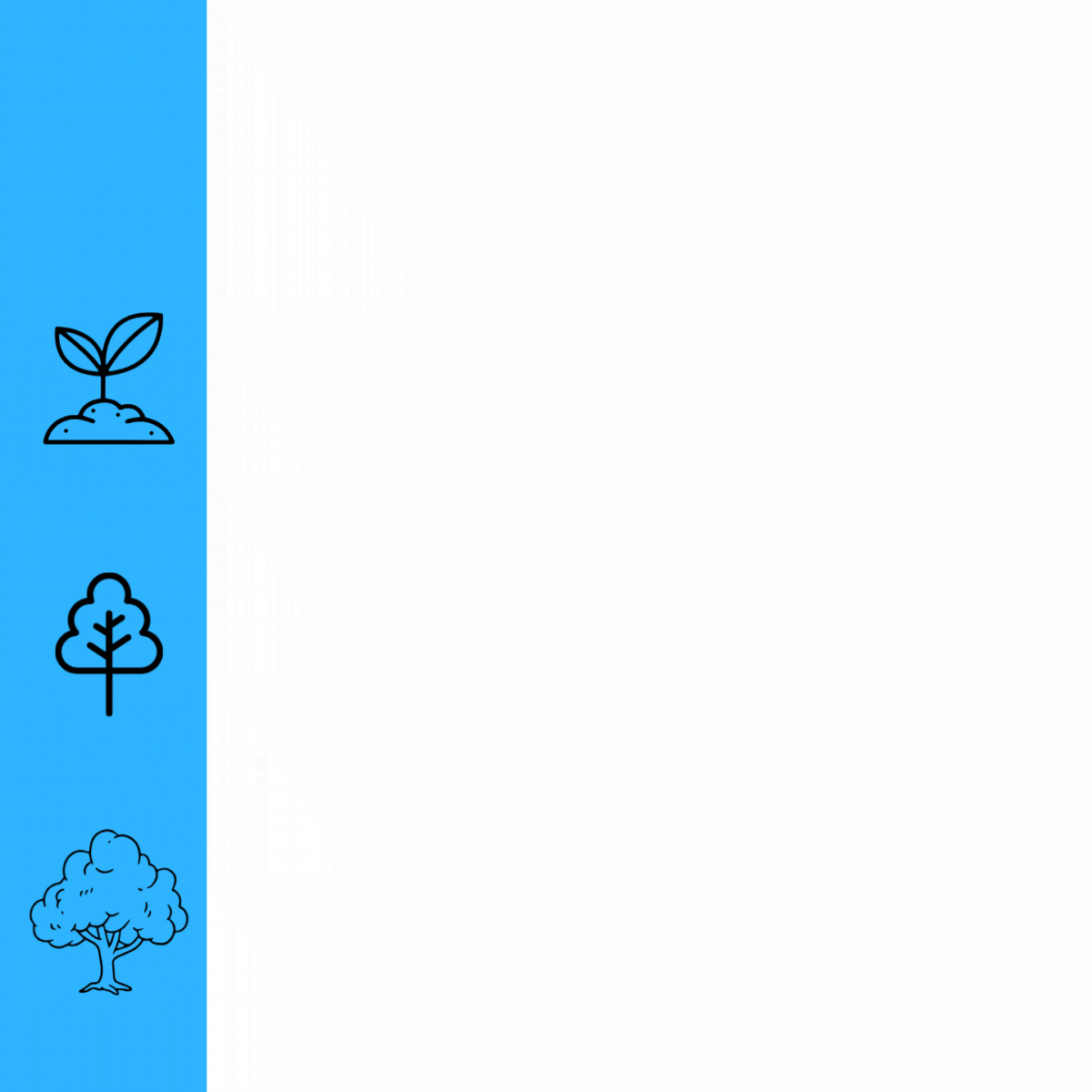People Power as Water Infrastructure
I very much valued this Cohort. It was an invaluable learning experience and something that we will continue to engage with … for years to come.”
– National Cohort Member
River Network members are the reason we exist. Our work to create an informed, connected, and transformational national network of water, justice, and river advocates has always been rooted in the people we partner with, and gains a greater importance in times of uncertainty.
As the world has become more uncertain throughout 2025, our programs have steadfastly provided supportive structures to members across the country, including through an intimate, in-depth SRF State Advocates Forum cohort, which this year brought together a diverse group around common goals: to build a collective understanding of how SRFs can be used to address existing gaps in their communities’ water infrastructure, to gain confidence and experience advocating for more equitable implementation of SRF programs, and to build lasting relationships with each other as they tackle similar water infrastructure challenges, from lead service line removal to stormwater and flooding issues.
Last month, a cohort of 16 inspirational and passionate water advocates representing community groups from across the country gathered in a Zoom room to reflect on their experiences participating in the nine-month long cohort experience, and to share their successes and next steps with peers. The cohort, convened by the SRF State Advocates Forum, built the capacity of community-based organizations to strategically engage in water infrastructure advocacy related to the Clean Water State Revolving Fund (CWSRF) and Drinking Water State Revolving Fund (DWSRF) programs. Cohort members were provided stipends with generous support from the Robert Wood Johnson Foundation and the C.S. Mott Foundation.

The SRF State Advocates Forum was established after the passage of the Bipartisan Infrastructure Law (BIL) to connect and mobilize organizations across the country who were grappling with how to ensure the massive infusion of funding to the State Revolving Funds would flow to communities who desperately need water infrastructure investment and historically haven’t tapped into the two programs. Over the course of the past several years, the co-conveners of the Forum (Alliance for the Great Lakes, River Network, Environmental Policy Innovation Center (EPIC), and PolicyLink) experimented with how to best bring local, community-based organizations into the space, which quickly gained a strong representation of state-wide, regional, and national non-profits.
When we put out the call for applications, it became clear that this type of in-depth support and training was needed, with nearly four times more applicants than we had space for expressing interest. The selected finalists included folks from across the country in rural, suburban, and urban areas, and they are a powerful group! As we wrapped up, Melis Coady, Executive Director of Susitna River Coalition in Alaska reflected,
“I’m also deeply grateful for the diversity of voices, geographies, and issues represented in our cohort. It expanded my understanding of the broader water equity movement and the power of this network. I look forward to staying engaged and am happy to serve as a resource to others in Alaska navigating clean and drinking water challenges and looking for ways to strengthen their systems affordably.”
Melis was not alone in expanding her understanding. The pre- and post-evaluations showed dramatic increases in participant understanding of SRF programs, an impactful step towards meaningful engagement with water funding decisions.


Building a Supportive Structure
Combining an online training series of engaging learning modules with interactive Zoom sessions and individual check-ins with Forum co-conveners, cohort members developed individualized action plans as they came to understand the fundamentals of the SRFs, home in on what water infrastructure challenges their communities face, and determined what types of actions – big or small – they could take. For some, this meant reaching out to utility staff who they’ve historically butted heads with and saying, “let’s try again.” For others, it meant submitting public comments on their state’s Intended Use Plan (IUP) to make recommendations on how to define “disadvantaged communities” and to ensure funding can reach communities facing emergencies in an expeditious manner. Others started to engage with their Members of Congress, explaining the importance of the SRF programs, and asking for support in elevating local issues ranging from chronic flooding and sanitation concerns to cesspool conversions to removing lead pipes.
Several cohort members expressed that it’s somehow encouraging to hear about all the problems everywhere – for better or worse, we’re all in this together, tackling widespread aging water infrastructure in a variety of ways.
We appreciate the time, attention, patience, and intentionality of the people and organizations who anchored this cohort. It truly takes all of us working in concert to move the needle forward in codifying the human right to water, actualizing water justice, and ensuring that our communities have unrestricted access to clean, safe, and affordable water and sanitation. Hosting convenings such as these and delivering information to our communities are instrumental in our continued fight for water affordability and water justice. We are grateful for the work you do to share communities’ work, expertise, and genius, lifting stories, struggles, and triumphs.”
– Norrel Hemphill, Legal and Public Policy Manager at We the People of Detroit
As we weather the many uncertainties we all face personally and professionally right now, we are committed to connecting network members and building collective power in every way we can. Supporting River Network has a ripple effect: strengthening long-lasting and emerging partnerships, passing on funding to frontline community groups, developing and delivering effective trainings, and bringing people together in an inclusive movement to ensure abundant clean water for all people and nature to thrive.
Main image, front row, left to right: Anna-Lisa Gonzales Castle (Elevate), Nayyirah Shariff (Flint Rising), Guadalupe Fernandez (Bayou City Waterkeeper), Erin Kanzig (River Network), Juliane MacNamara (Clean Water Action), Mersadies Burch (Protect Our Aquifer). Back row, left to right: Sheyda Esnaashari, Martin Castro (Rio Grande International Study Center, Usman Mahmood (Bayou City Waterkeeper), Marlene Plua (Stoic Energy Consulting/Proyecto Azteca), Jenna Voss (Alliance for the Great Lakes), Ekta Patel (Environmental Policy Innovation Center), Julianna Roseo (WaterNow Alliance), Kathleen Kirkpatrick (The Capacity Collaborative).





